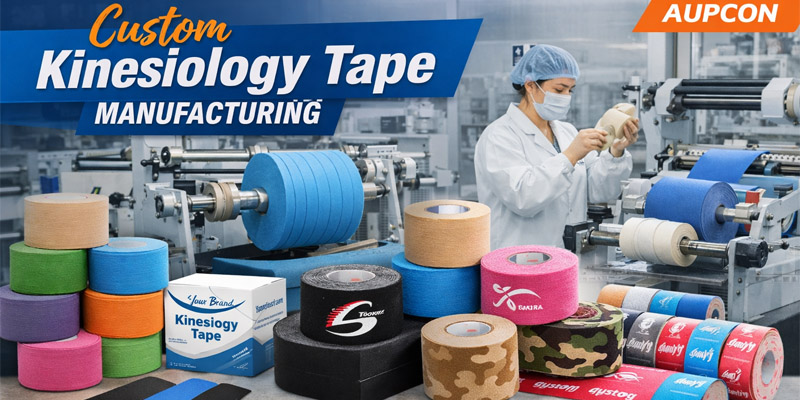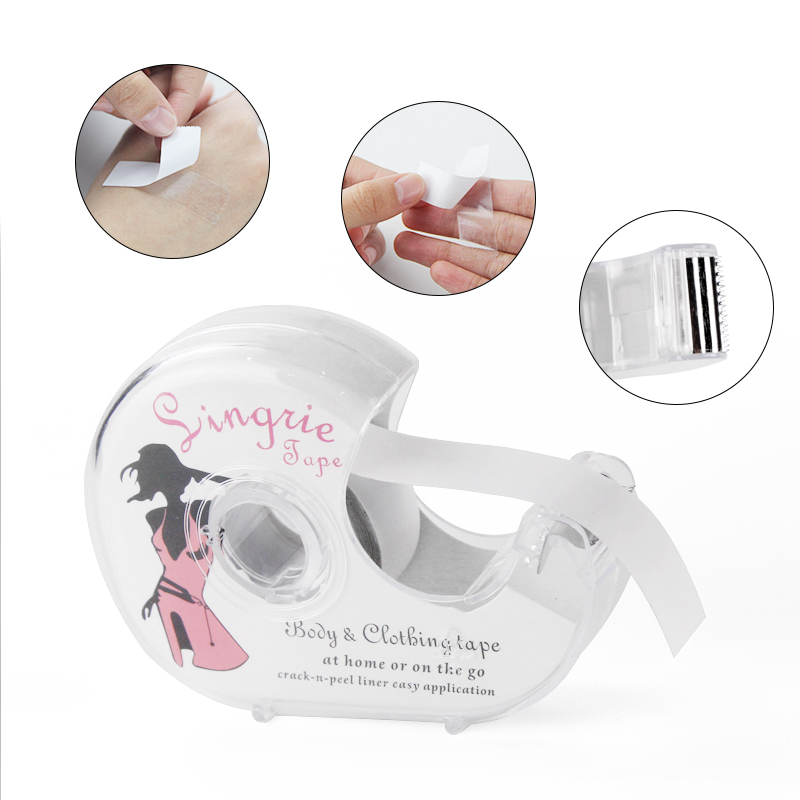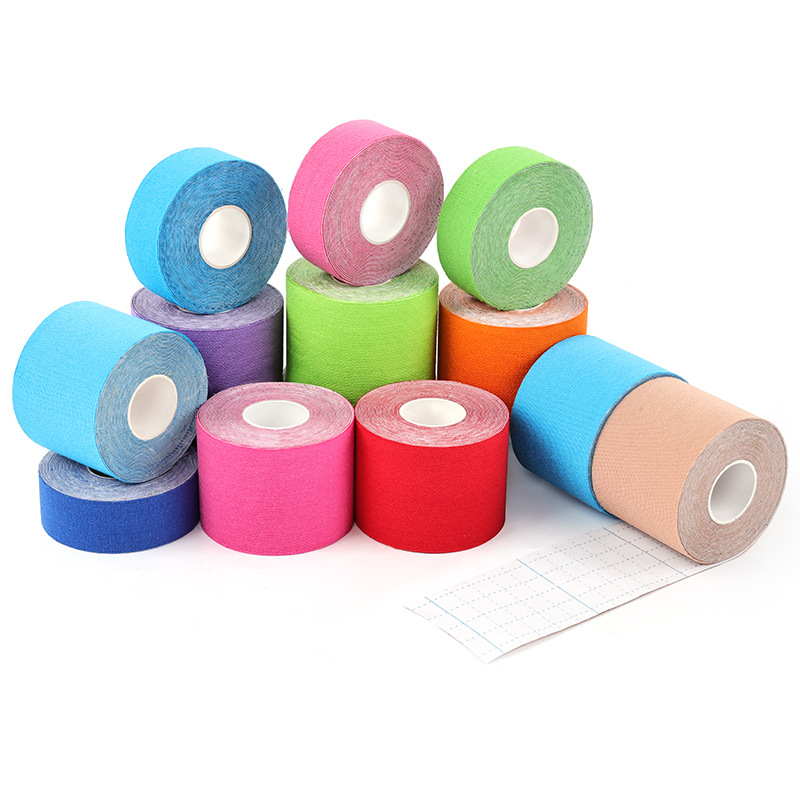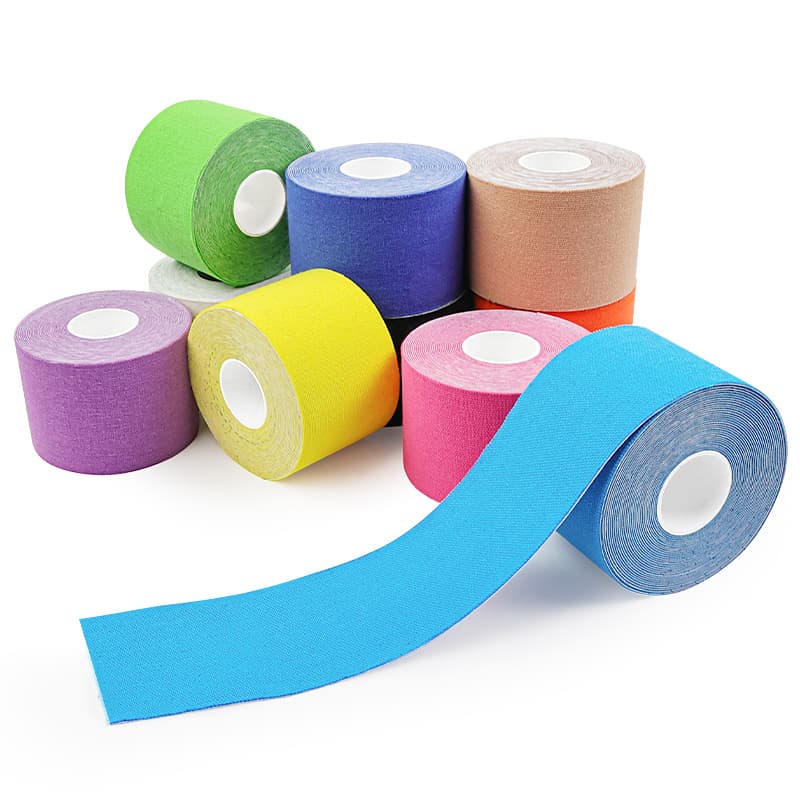Taping is a common method of injury treatment, but tape comes off too soon and leaves wounds that are not completely healed. Cohesive bandages have been used to solve this problem, and they hold the wound together so that it heals properly. In this article, learn about cohesive bandage 1 inch and how it can help you heal your wounds.
What is a Cohesive Bandage?
A cohesive bandage is a type of medical adhesive bandage that is used to secure dressings or tubing to the skin. Unlike traditional medical tape, cohesive bandages will not stick to the skin or hair, making them ideal for use on sensitive areas. Cohesive bandages are also often used in sports medicine to support injured joints and muscles.
Types of Bandages
There are many types of cohesive bandages on the market, each with its own set of benefits and drawbacks. In this section, we’ll take a close look at some of the most popular types of cohesive bandages to help you choose the right one for your needs.
Elastic Bandages: Elastic bandages are perhaps the most versatile type of cohesive bandage on the market. They can be used to provide support and compression for a variety of injuries, and are available in a wide range of sizes. However, elastic bandages can be difficult to apply correctly, and may need to be replaced frequently if they become too loose or too tight.
Foam Bandages: Foam bandages are a good option for those who need support and compression but don’t want the hassle of constantly adjusting an elastic bandage. They’re also less likely to cause skin irritation than other types of cohesive bandages. However, foam bandages can be more expensive than other options, and may not provide as much support for larger injuries.
Self-Adhesive Bandages: Self-adhesive bandages are one of the easiest types of cohesive bandages to use. They come in a variety of sizes and can be cut to fit any injury, making them perfect for those who have trouble applying other types of bandages. However, self-adhesive bandages may not stay in place as well as other options, and may need to be reapplied frequently.
Fabric Bandages: Fabric bandages are a good option for those who need support and compression but don’t want the bulk of an elastic bandage. They’re also less likely to cause skin irritation than other types of cohesive bandages. However, fabric bandages may not provide as much support for larger injuries.
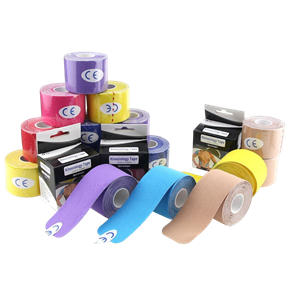
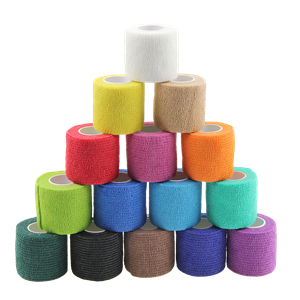
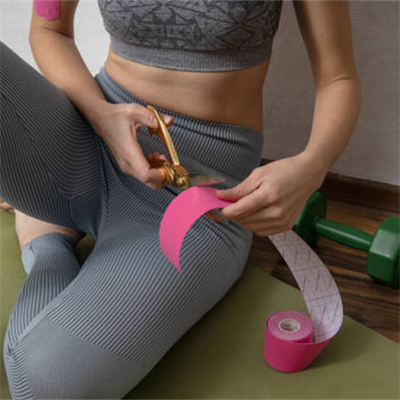


Benefits of Cohesive Bandages
There are many benefits to using cohesive bandage over other types of bandages, such as traditional gauze or ace wraps. Cohesive bandages are much more versatile and can be used for a variety of purposes, including support and compression. They are also more comfortable to wear and less likely to slip or fall off.
Cohesive bandage 1 inch provides superior support and compression compared to traditional gauze or ace wraps. They are often used to help stabilize joints or muscles, reduce swelling, and speed up the healing process. Cohesive bandages are also frequently used during physical therapy to help rehabilitate injuries.
In addition to their supportive qualities, cohesive bandages are also more comfortable to wear. They won’t rub or chafe like some other types of bandages, and they’re less likely to slip or fall off. This makes them ideal for use on areas that are difficult to keep covered, such as the foot or ankle.
Overall, cohesive bandages offer a number of advantages over traditional gauze and ace wraps. They provide superior support and compression, they’re more comfortable to wear, and they’re less likely to slip or fall off. If you’re looking for a versatile and effective way to treat an injury or manage pain, cohesive bandages may be the perfect solution.
Where to Buy Cohesive Bandage 1 inch?
Cohesive bandages are a type of medical tape that is used to hold dressings or bandages in place. They are also known as self-adhesive bandages or medical adhesive tape. Cohesive bandages are available in many different sizes and colors. You can purchase cohesive bandages at most drugstores, supermarkets, and online retailers.
When purchasing cohesive bandages 1 inch, it is important to choose the right size for your needs. Cohesive bandages come in a variety of widths, from 2 inches to 6 inches. The width you choose will depend on the area you are covering and the amount of support you need. For example, a wider cohesive bandage may be necessary for an injured ankle, while a narrower one can be used for a minor cut on your finger.
How Much Do Cohesive Bandages Cost?
The answer to this question depends on a few factors, including the brand of cohesive bandage 1 inch, the size of the bandage, and where you purchase it. For example, a roll of 3M Coban 2 self-adherent wrap may cost around $6 at your local drugstore. However, if you purchase the same product online, you may be able to find it for as little as $4.
When it comes to cohesive bandage 1 inch, you generally get what you pay for. Cheaper brands may not adhere as well or may not be as durable. However, there are some good quality affordable options available. It’s just a matter of doing some research to find the right one for your needs.
Conclusion
We hope this guide has helped you understand the different types of cohesive bandages and how to use them. Cohesive bandages are an important part of any first-aid kit, so make sure you have a few on hand at all times. If you have any questions or would like more information, please feel free to contact us.
FAQ
Does cohesive bandage stick to skin?
The Elastoplast Cohesive Bandage features self-adhesive technology that sticks to itself – not your skin or hair. With excellent conformability and no sticky residue, the cohesive bandage covers wounds and supports injured joints and muscles.

